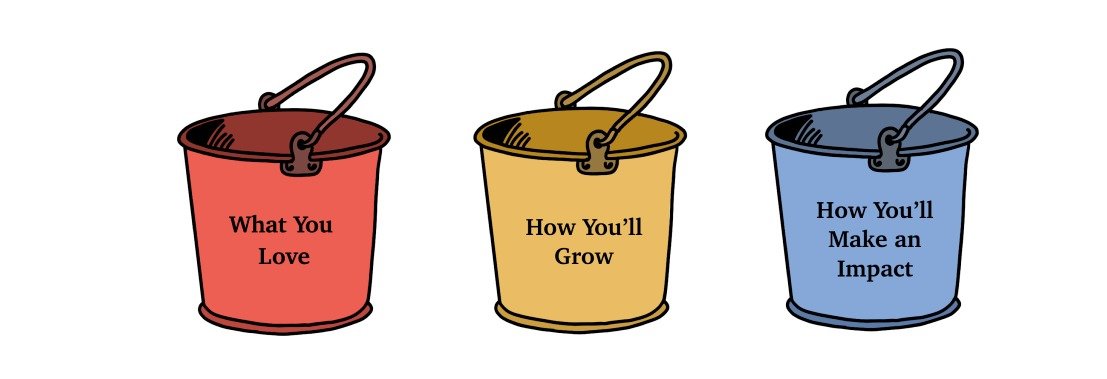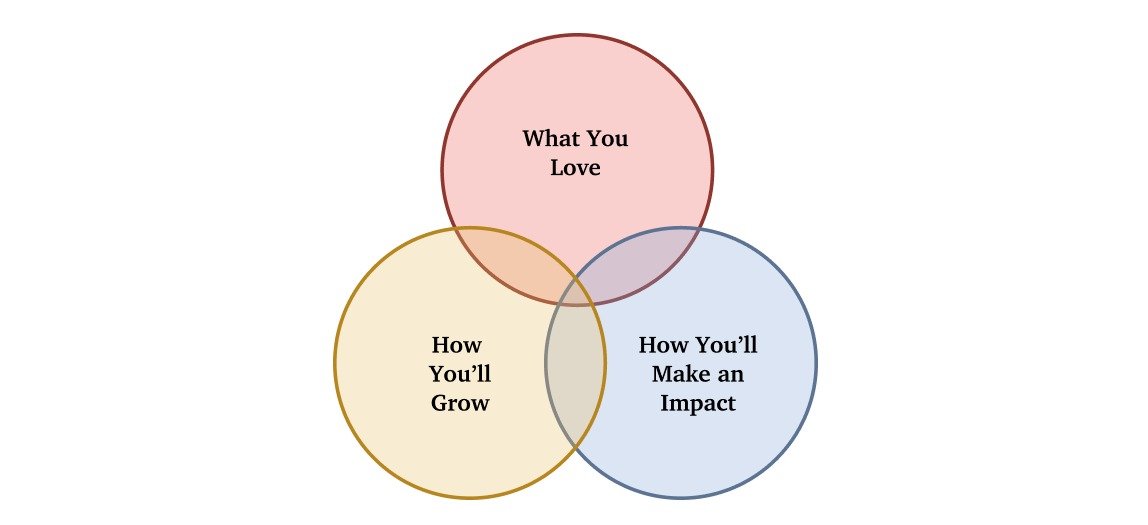Why I Don't Ask, "What's Your Passion?"
“What’s your passion?”
This too-often asked question is enough to cause discomfort and concern for even the most focused and talented high school student.
October can be a challenging time -- students are only midway through the fall term and seniors are preparing college application essays. This year is especially difficult, resulting in unprecedented uncertainty, disruption and loss for too many.
As an educational and admissions counselor, my goal is to help students make the most of high school and to navigate the college applications “journey” with less stress and self-doubt, and better outcomes. I help students to identify, pursue and communicate their academic and personal interests, values and strengths with greater confidence and greater success.
I don’t ask students, “What’s your passion?” Why not?
The fact is: most high school students (and college students, not to mention adults) struggle with the question “What’s your passion?” This is perfectly normal. Indeed, not being able to zero in on an answer may be a good thing.
Growth Mind-set Toward Interests
According to Paul A. O’Keefe, an assistant professor of psychology at Yale-NUS College in Singapore, people “often assume that their own interest or passion just needs to be ‘found’ or revealed. Once revealed, it will be in a fully formed state.”
Professor O’Keefe explains that this assumption is not only incorrect, but also potentially stifling. O’Keefe was part of a team that published a study in 2018 that compared the impact of approaching new potential passions with a “fixed theory” (that assumes our interests are relatively fixed and just need to be discovered) vs. a “growth theory” (that believes that interests and passions can develop over time, with effort and persistence). While it’s not always the case, other studies have also found that people with a fixed theory tend to be less open to exploring new interests and also lose interest in their “passion” when encountering unanticipated challenges. In contrast, those with a growth mindset tend to be more open to pursuing outside interests. They believe that they can develop more than one passion and that their experiences will evolve.
So, what does this mean for high school students and parents?
Some people are lucky enough to discover their lifelong passion at 15. However, most of us take longer and find our “passions” can develop and change. We realize that the answer to the question, “What’s your passion?” isn’t necessarily the same as “What do you want to do with your life (careerwise)?” Let me repeat – this is normal and perfectly okay.
High school is an amazing time to explore, to learn and to apply skills and knowledge in the real world. My suggestion: don’t fixate on finding a single-minded “passion.” Rather, stay open, stay curious, and stay active inside and outside of the classroom.
Three Buckets Exercise
To help students brainstorm, and clarify interests so that they can make the most of high school and prepare to apply to college, I’ve created a simple exercise that I call the “3 Buckets Exercise” that can be completed in less than an hour, yet yield great insights.
Here’s how it works. Instead of asking students “What’s your passion?”, I find that asking three questions can yield greater insights that help students prioritize their time, explore their interests and put their best foot forward when applying to college.
What do you love doing? What’s so enjoyable that you lose track of time? Important note: please do not “censor” your answer by omitting answers that don’t seem practical, impressive or common.
How would you like to grow? What would you like to learn, do, and experience that will help you grow – academically and/or personally? Think of what you’re curious about exploring, as well as interests and skills you’d like to invest more in learning or doing.
How will you make an impact? What issues and communities do you care about? What problems or opportunities would you like to take action in addressing?
Next, I encourage students to fill each bucket with their particular interests, activities, goals.
Then, I help students to brainstorm how they might pursue activities that contribute to two, or even all three, of these “buckets.”
This enables us to explore the intersections and to take the next step of creating action plans to do more of what they enjoy, to grow inside and outside of the classroom, and to contribute to their communities.
Reframing the Question of “What’s your passion?”
As a graduate school admissions consultant, I coach a wide spectrum of young professionals in thinking about and applying to highly selective graduate schools. I’ve also led mentorship programs for Stanford MBA students and alumni, ages 28-68. These experiences give me an uncommon “longitudinal” perspective of higher education and career paths. experiences give me an uncommon “longitudinal” perspective of higher education and career paths.
My clients are very accomplished. They’ve studied at top colleges, majoring in everything from life sciences to the humanities, engineering, computer science and business. From there, they’ve gone on to succeed professionally. Let me assure you. Not one attributes their success to having held an unwavering, fixed passion in high school – rather, they point to how they've adapted and grown. Their passions, abilities and self-knowledge have evolved. When I work with them, I provide a variation of this “3 Buckets” exercise that’s aimed at creating and clarifying their career goals and action plans.
Experiencing high school and approaching college as a journey instead of a fixed destination, can ultimately lead to greater happiness and success. There are no guarantees in life. Doing what you love, staying motivated to learn and gain skills, and actively contributing are well worth practicing in high school and beyond.
Author: Dione Chen is an experienced college and MBA/graduate school educational consultant and writing coach who works with a select number of US and international clients. Her goal as the principal consultant of Strategic Admissions Consulting is to help students and young professionals achieve their educational dreams by providing knowledgeable insights about the application process, and by helping them to identify, pursue and communicate their values, strengths and goals. A Bay Area native and parent of two FUHSD graduates, Dione holds an MBA from Stanford. She also earned a BA at Stanford, where she graduated Phi Beta Kappa and double majored in Economics and Communication with concentrations in sociology and journalism.


